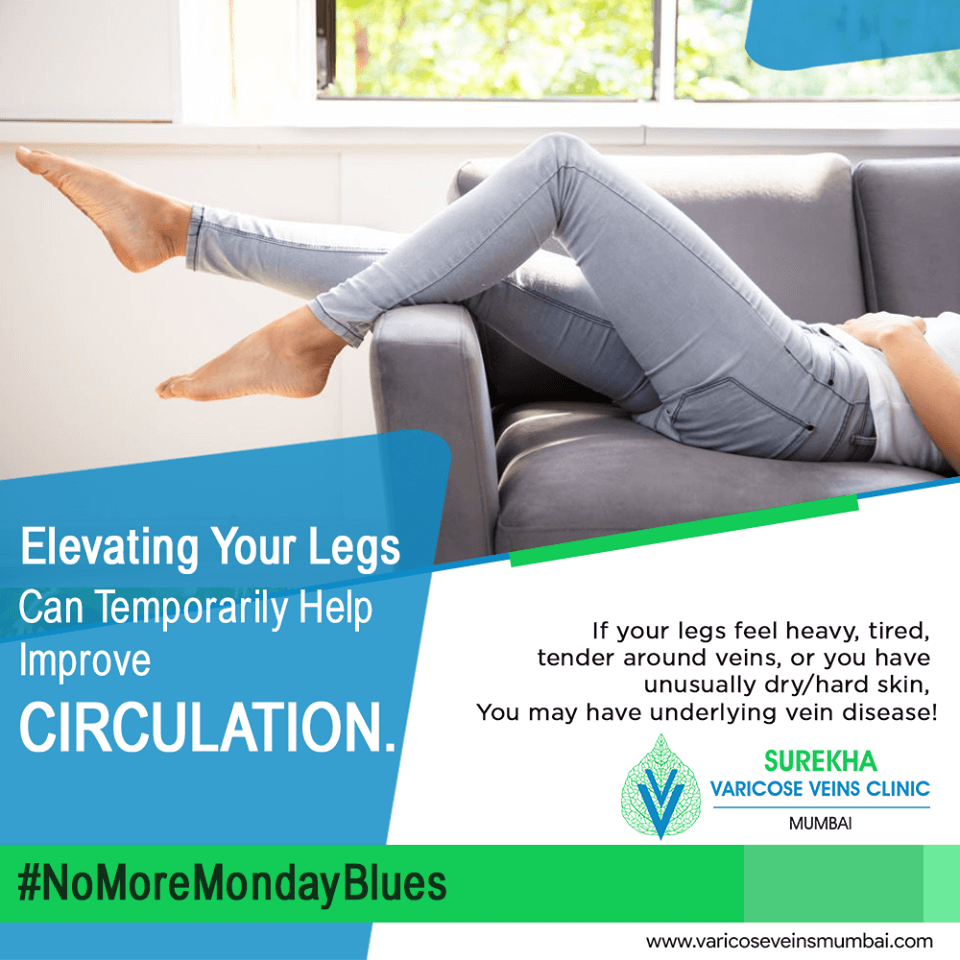Varicose Veins is a common problem affecting the general population throughout the world. In India, it is estimated that around 25-30% of females and 10-15% of males suffer from it. However, majority of the patients with varicose veins are unaware of it and the complications it can invite.
Did you know? Varicose veins are enlarged, dilated, tortuous veins with defunctioning valves. They occur due to defunctioning valves in the superficial veins or the perforator veins of the legs. Weak valves in the leg veins are the main reason for the formation of leg veins. Hereditary tendency is seen in nearly 80% of cases. People involved in prolonged standing such as teachers, shop keepers, traffic policemen are more like to suffer from them. In many females, varicose veins start after pregnancy and progress over a while if not diagnosed and treated on time.
Moreover, many family physicians and consultants fail to advocate the need for early intervention in these patients. Valuable time (months/years) is lost in alternative therapy of various oils, oral medications, and ill-designed stockings. Resultantly, many patients present late with complications such as pigmentation, ulceration or superficial vein thrombosis. A problem which could have been nipped in the bud reaches irreversible stages.
Varicose veins may not cause any pain. Signs you may have varicose veins include –
⇒ Veins that are dark purple or blue in colour
⇒ Veins that appear twisted and bulging; they are often like cords on your legs
All you need to know about these everyday habits that can lead to Varicose Veins.
⇒ Crossing legs: This position can put pressure on your legs and hips which can cause veins to engorge with blood and thus become more visible.
⇒ Wearing High heels: If you wear high heels, your calf muscles will not be able to act as a pump to have the blood actively flowing in the veins.
⇒ Too much salt consumption: Opting for a diet loaded with salt is not a good idea. This is so because it can cause water retention, and increases pressure on the veins in your legs.
⇒ High impact running:This can lead to repetitive injury to the vein valves in the legs, causing them to leak, which over the time may raise your risk of varicose veins
⇒ Prolonged sitting and standing: If you sit or stand for a long period then it can cause blood to pool in the leg veins, thereby increasing the pressure within the veins in your legs.
⇒ Obesity: Excessive weight can lead to weakening of leg vein valves thereby leading to varicose veins.
![]()

